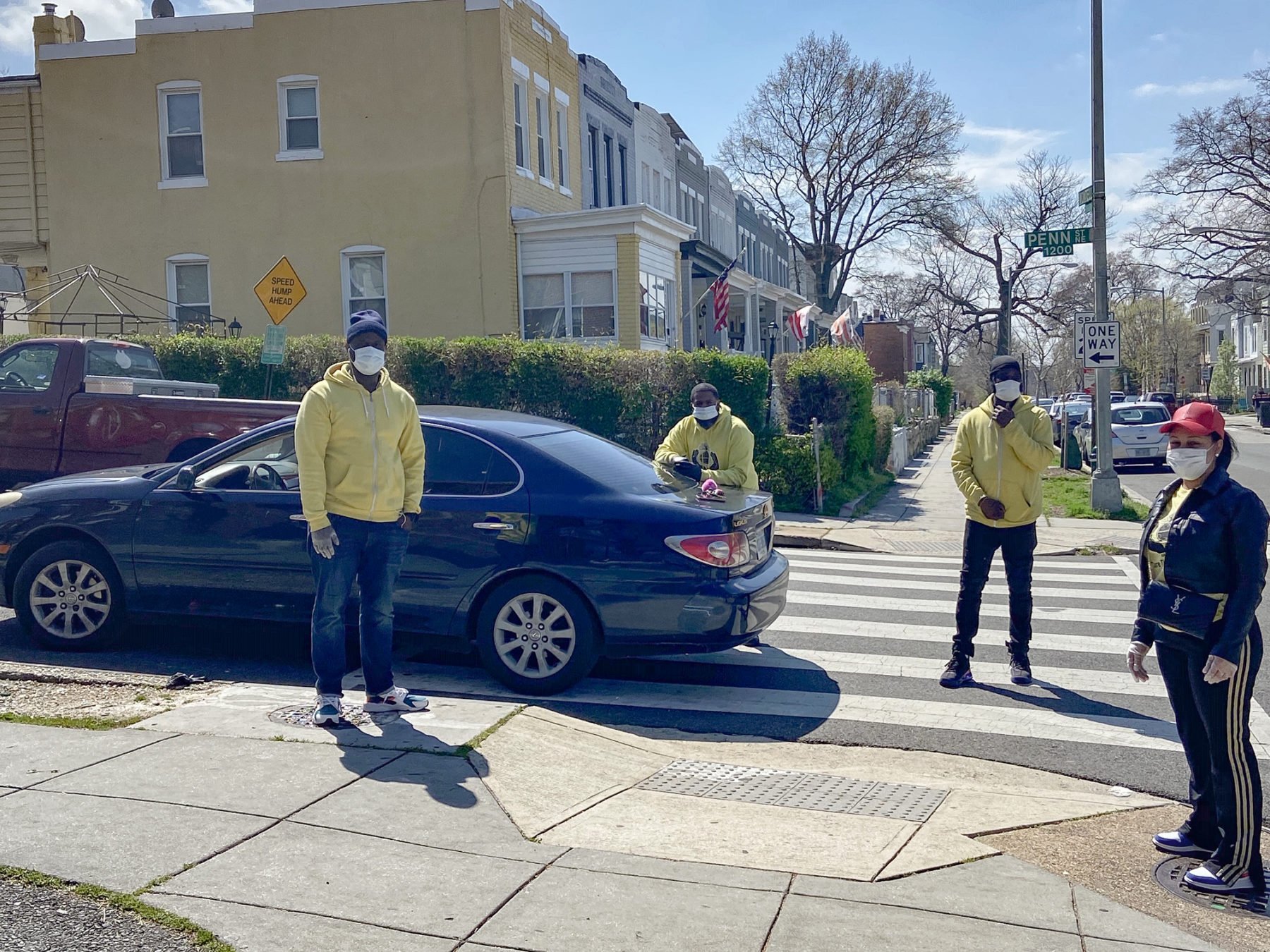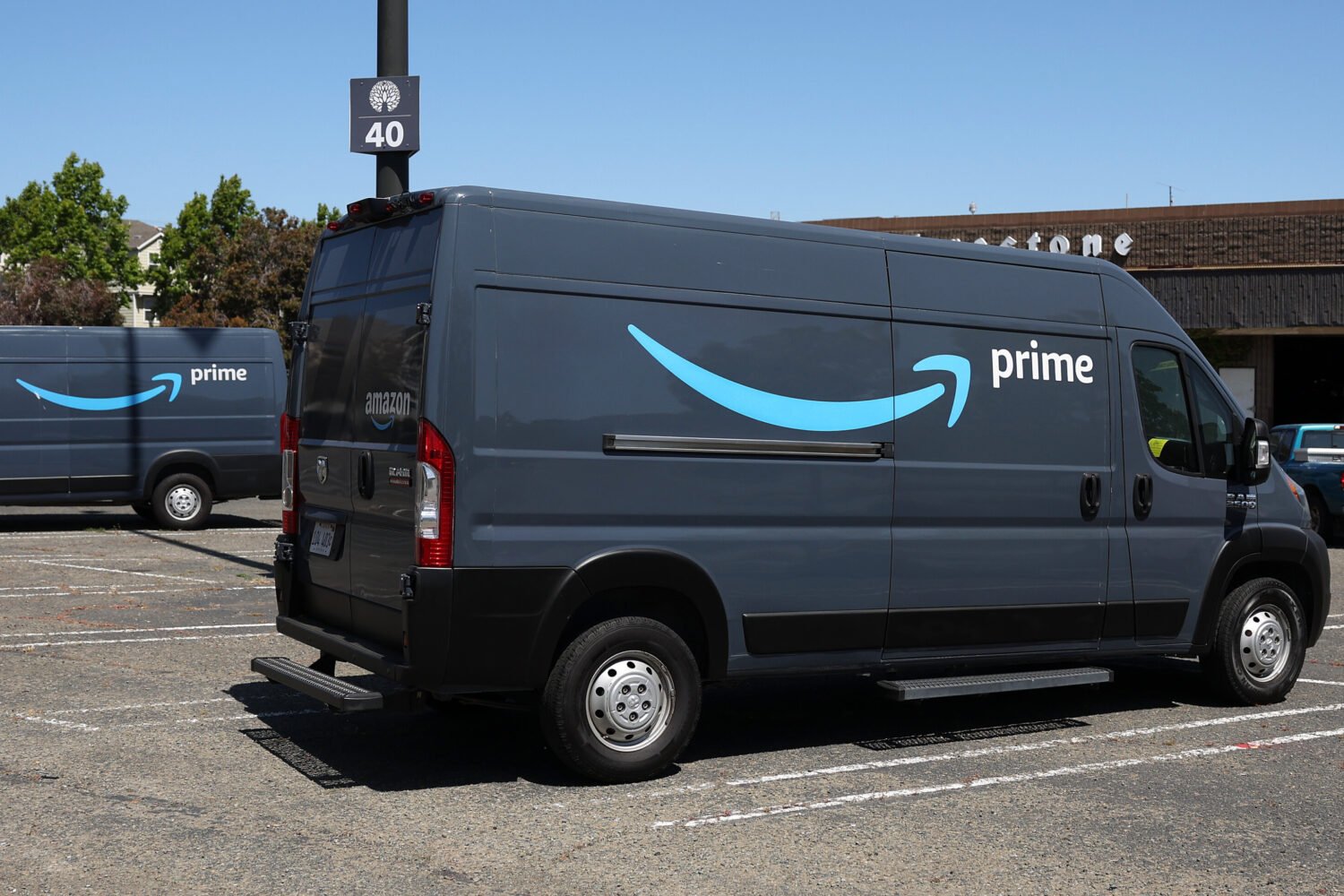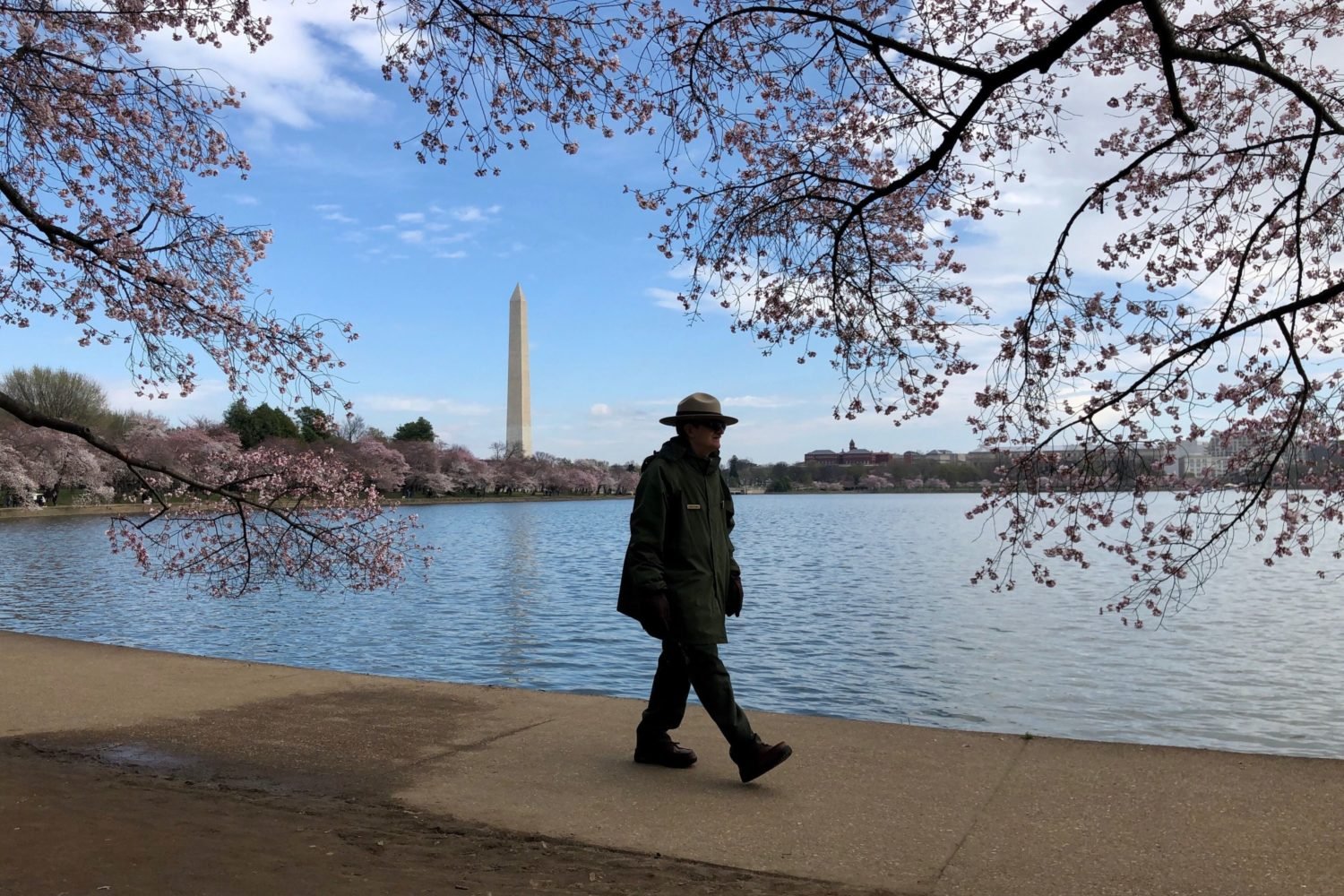About Coronavirus 2020
Washingtonian is keeping you up to date on the coronavirus around DC.
Washington has heard much about “essential” personnel over the past two months. One group that didn’t even blink at the question of whether to keep working: DC’s Violence Interrupters. The team of about 60 workers is out in the streets, as they were pre-Covid, trying to smooth over neighborhood beefs, fend off crime, and deter violence in the areas of the city most stricken by bloodshed. And at this particular moment, they bring a unique expertise. The premise of violence interruption is that violence behaves like a viral epidemic—a public-health issue that can be stymied, treated, and stopped from spreading.
Developed by a former World Health Organization epidemiologist, the program was introduced here in 2018 by DC attorney general Karl Racine. His office trains the Interrupters—some of whom have done prison time themselves—who work in the communities where they live. They learn to defuse conflicts early and prevent retaliation. Much as with coronavirus, they identify high-risk individuals, shift social norms, and work to flatten the mortality curve.
Unlike Covid-19, though, violence interruption hinges on dialogue, not distance. So they don masks and gloves when they’re canvassing, and they keep their phone batteries juiced. “What we try to do is help them better their lives,” says Antoine Gatlin, an Interrupter. “We call them at least once a day, maybe twice a day. All week, just checking in with them to make sure no issues are brewing, no conflicts, making sure nothing like that.”
In the Covid-19 era, their work has actually expanded: Interrupters have harnessed their networks to deliver groceries to seniors and meals to homebound youth who depend on school lunches and breakfasts. Leaders such as Gatlin, according to the Attorney General’s Office, are also educating at-risk communities about hand washing, personal protective gear, and social distancing.
Our city’s Violence Interrupters, in other words, have retooled their model to preserve lives in a literal epidemic—even as the other epidemic rages. Shootings in DC increased after quarantine began. Last fall, a Violence Interrupter was murdered in a hail of gunfire. In these conditions, Gatlin keeps the coronavirus in perspective. “I take a risk every day doing what I do anyway, with this violence epidemic,” he says. “This is a passion that I love to do. I make sure I keep my gloves on and I keep that mask on. I’m safe.”



















